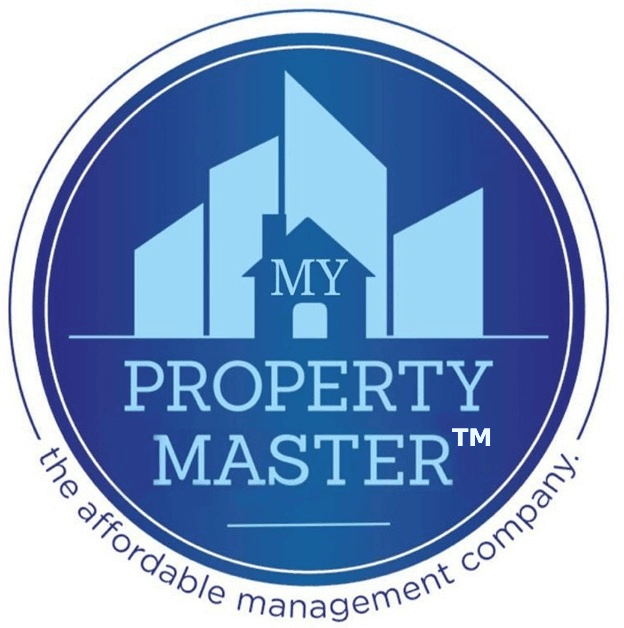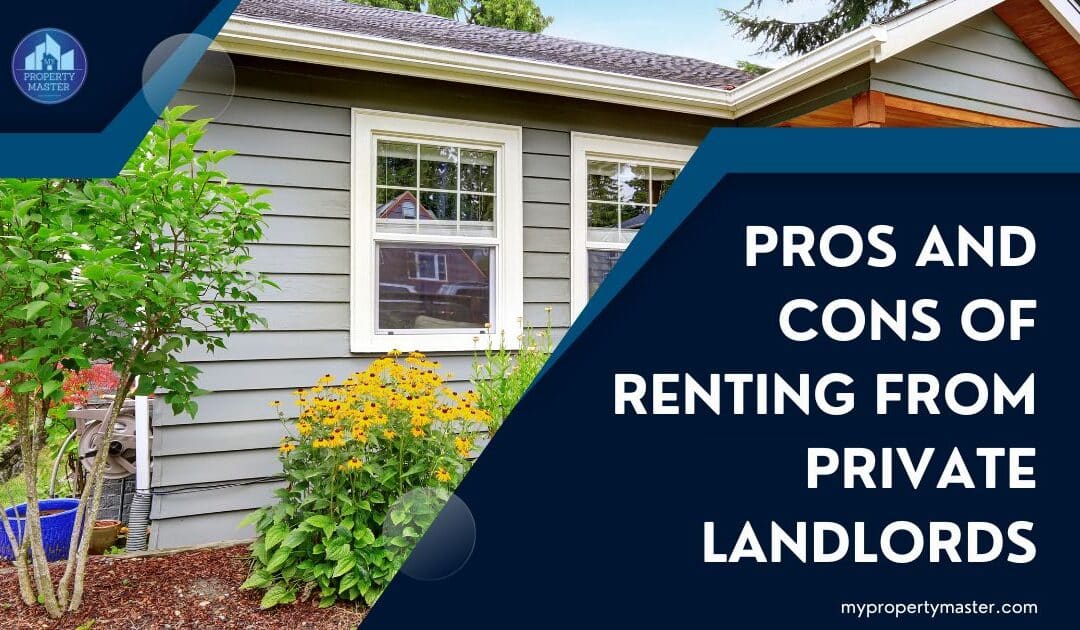There are a couple of channels from where you can rent houses or apartments, and a private landlord is one of them. Renting from private landlords comes with its own set of pros and cons. You can consider the following factors before making a final decision.
Pros of renting from private landlords
Private landlords are the homeowners who can make any decision themselves, and you have direct access to them. There are many advantages to renting from them. I discussed the topmost pros below.
Flexibility and Negotiation
Private landlords can make their decisions alone and don’t need to go through any official system. So you have the chance to discuss and manage them.
Also, they can be flexible with changing rent, lease terms, etc., because they don’t need any approval from higher authority.
You can even negotiate aspects of the lease agreement, such as rent, duration, or pet policies.
Related: What to look for in a lease agreement? (to avoid hidden fees and for safety)
Personalized Communication

If you rent from a property management company, you will not have direct access to the landlords or property owners. Every communication will go through the management company. Moreover, you need to fill out forms in certain types of cases.
But if you rent from a private landlord, you will have direct access. Dealing directly with the landlord can lead to more personalized communication. This direct relationship can make problem-solving and communication smoother.
Potentially Lower Costs
Property management companies add different fees to the rent, such as CAM fees, inspection, maintenance, security, etc.
On the other hand, private landlords generally charge you a fixed price for everything (except for the utilities).
Also, in most cases, private landlords may have lower overhead costs than property management companies, which could translate to lower tenant rent.
Related: Can a landlord raise my rent by $300?
Quicker Decision-Making
As mentioned earlier, private landlords can make any decisions themselves and don’t need approvals from someone else.
So, they deserve the power to make decisions quickly without going through a lengthy approval process. It makes it easier to address and resolve issues.
Cons of renting from private landlords

Renting from private landlords has many advantages, as outlined above. At the same time, it also has challenges and demerits. I pointed out the main problems below.
Inconsistent Professionalism
Private landlords are not certified, trained, or skilled. Sometimes, they don’t adhere to professional standards. This can result in inconsistent communication, maintenance delays, or other issues that may be addressed more efficiently by professional property management.
Related: Pros and cons of hiring a property management company in the US.
Limited Resources
Property management companies have many people in their teams with different skill sets. From plumbing to roofing, the companies can manage everything without outsourcing. This is because they have to manage many other properties like yours.
However, private landlords have limited resources for property maintenance and repairs. Also, recruiting handymen, electricians, plumbers, and roofers for full-time is not worth their money.
And this can lead to delays in fixing problems or maintaining the property for a private landlord. Because they have to outsource for a particular task, the maintenance workers may have some ongoing work that can lead to a delayed schedule.
Related: List of handyman services and their meaning.
Less Legal Protection
Renters may have less legal protection when renting from a private landlord. Property management companies are often more familiar with and adhere to legal regulations, providing tenants with additional security.
Also, property management companies are cautious and serious about customer feedback and ratings because negative feedback can make it harder for them to survive. So, management companies always try to address and resolve issues efficiently. As an example, you can check our tenants’ feedback below:
On the other hand, private landlords mostly don’t care about tenants’ feedback or ratings. Moreover, they don’t have any official channels where you write a review for them.
In the same vein, private landlords are less worried about any penalties from the court because they don’t have registrations or licenses that can be canceled.
Read also: How much does a property management company charge?
Limited Amenities and Services

Private landlords may not offer the same amenities and services that larger property management companies provide, such as on-site maintenance, online rent pay, security, or community facilities.
Also, they may lack required features such as an apartment heating radiator for the winter seasons, regular cleaning, etc.
Related: When do landlords have to turn the heat on?
Potential for Unpredictability
The experience of renting from a private landlord can be more unpredictable. The landlord’s management style and responsiveness can vary significantly, leading to inconsistent tenant experiences.
Also, a private landlord can sell his house anytime, which can cause another unexpected move.
Read also: Can a landlord show an apartment while occupied?
Scamming
You can get scammed when you try to find rental properties from private landlords. I discussed this scamming and fraudulent activities more briefly in another post. If you want to learn more about it, see this post section.
When considering renting from a private landlord, it’s essential to thoroughly review the lease agreement, communicate openly, and ensure that both parties are clear on expectations. Conducting due diligence, such as checking references and inspecting the property, can help mitigate potential issues.
Conclusion
Renting from private landlords presents both advantages and challenges. Significant benefits include negotiation flexibility, personalized communication, potential cost savings, and quicker decision-making.
However, tenants may encounter inconsistent professionalism, limited resources for maintenance, less legal protection, and a potential lack of amenities and services.
The unpredictability of a private landlord’s management style and the risk of scams are additional factors to consider.
Before making a decision, it’s crucial for both parties to thoroughly review the lease agreement, communicate openly, and conduct due diligence to ensure a clear understanding of expectations and mitigate potential issues.
Last, do not make any financial transactions before physically visiting the home and verifying ownership.






